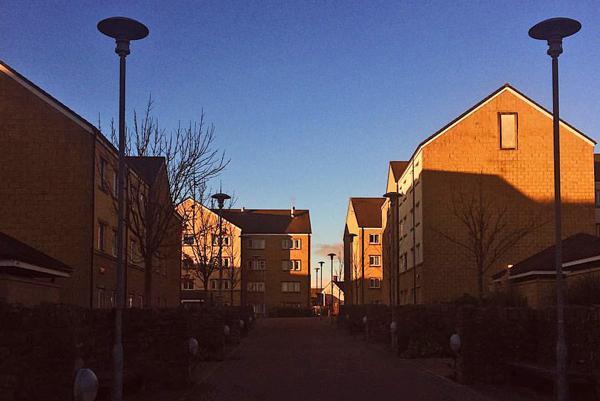Hi there! I’m Alix, one of your Digital Content Ambassadors this year. As the days get shorter and colder (and the weather gets… miserable, for lack of better words), I always find the period between November and February to be the toughest of the year. So, I thought I’d share some tips I’ve learnt along the way to deal with homesickness, which I hope some of you might find useful!
This is my third year living in Lancaster and, as an international student, I don’t get to go home or see family very often – so I’ve had my fair share of homesickness. Living in halls in my first year meant that the week felt too busy to do anything, and then campus became much quieter on weekends. One extreme to the other. And with my friends from home and family being so far away, I know it’s hard to organise a catch-up or get some comfort when you’re feeling low.
This is something that isn’t really talked about enough – and I’ve known a few people who have dropped out of University because of this. Though there might be other reasons for it, in most cases it is preventable; I was close to dropping out myself in first year, but found some coping mechanisms to help me persevere, and find ways to enjoy my time here (despite the cold!).










